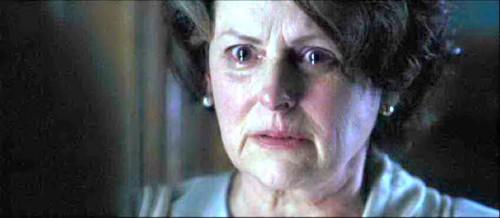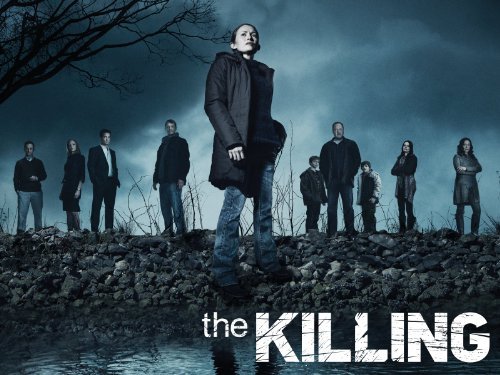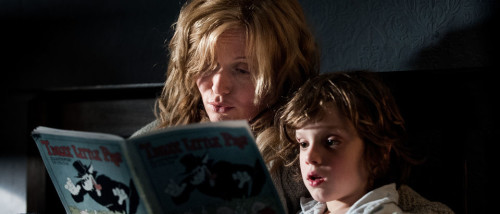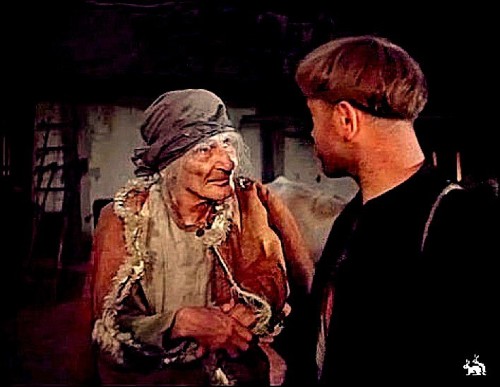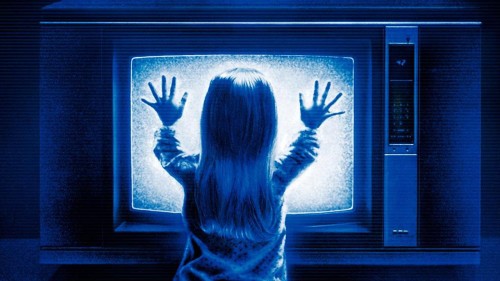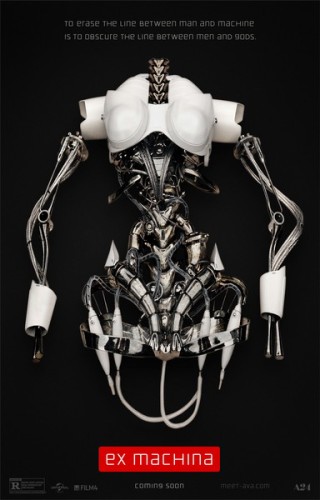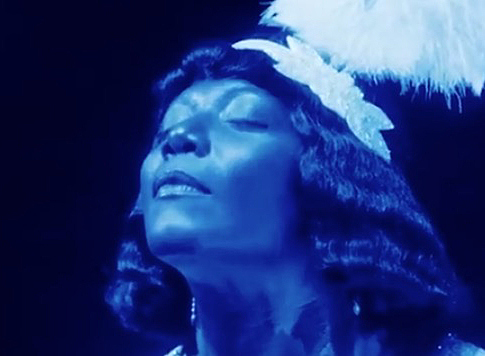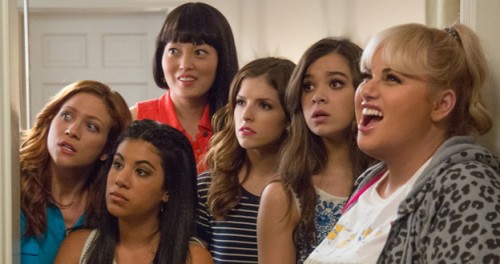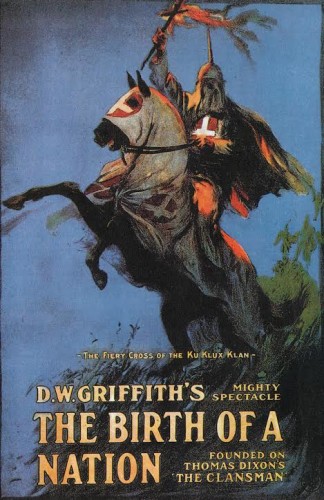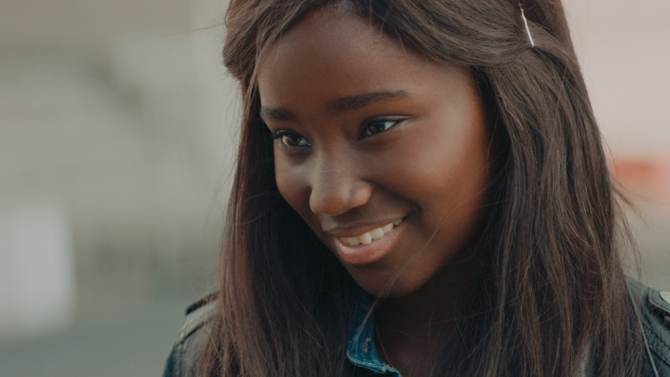‘Grace’: Single Mothers, Stillborn Births, and Scrutinizing Parenting Styles
Eventually, Madeline is pushed to the absolute limit in protecting her child and kills those trying to take her daughter from her…and feeds them to her. “What doesn’t kill you makes you stronger” is explored to the nth degree as the blood of those trying to destroy the mother/daughter relationship are then utilized to keep baby Grace alive.
